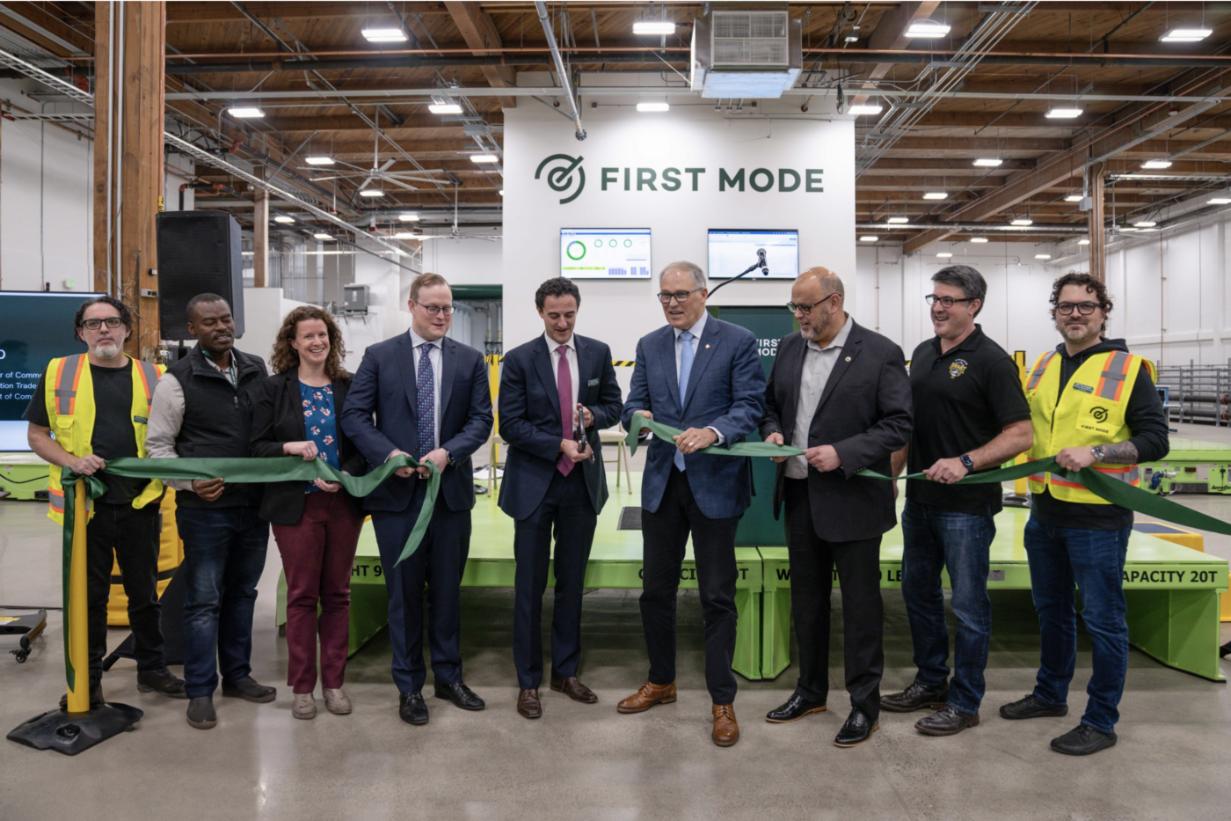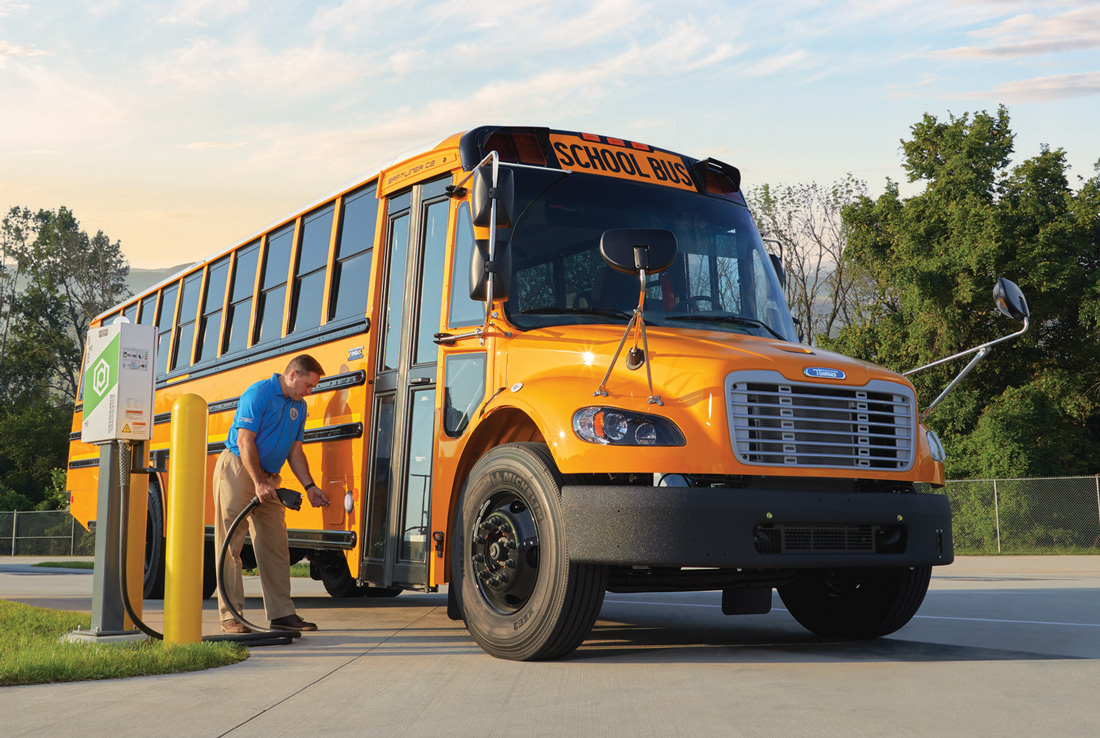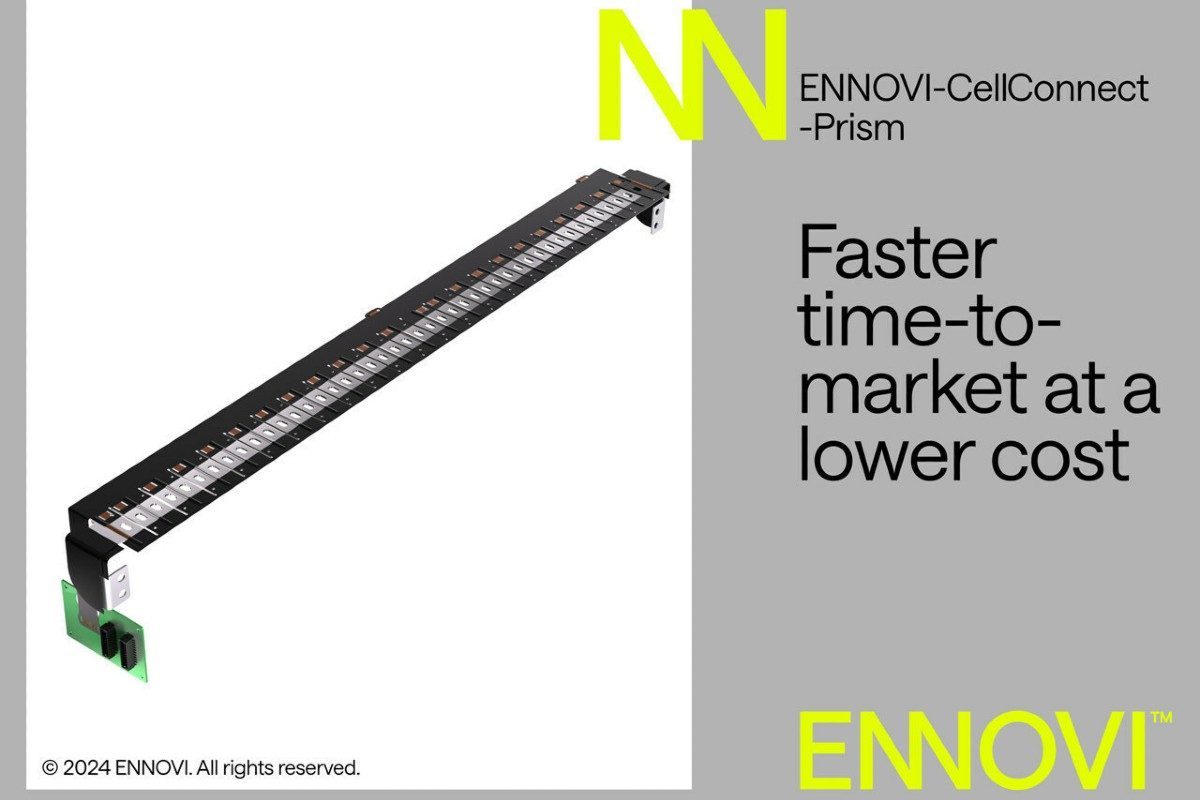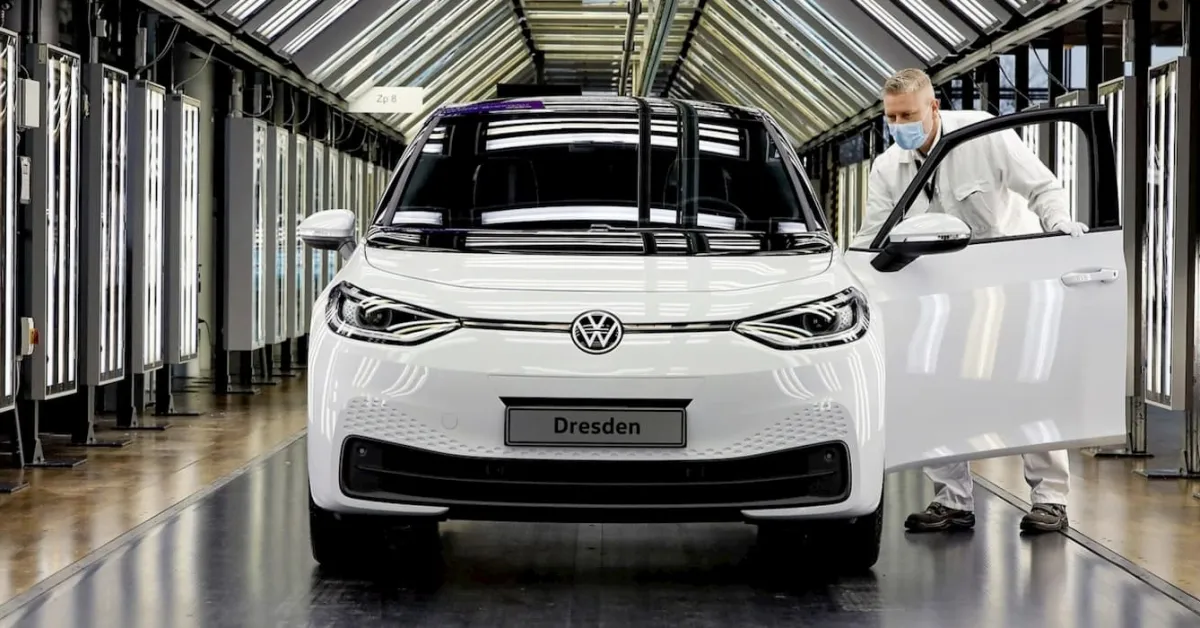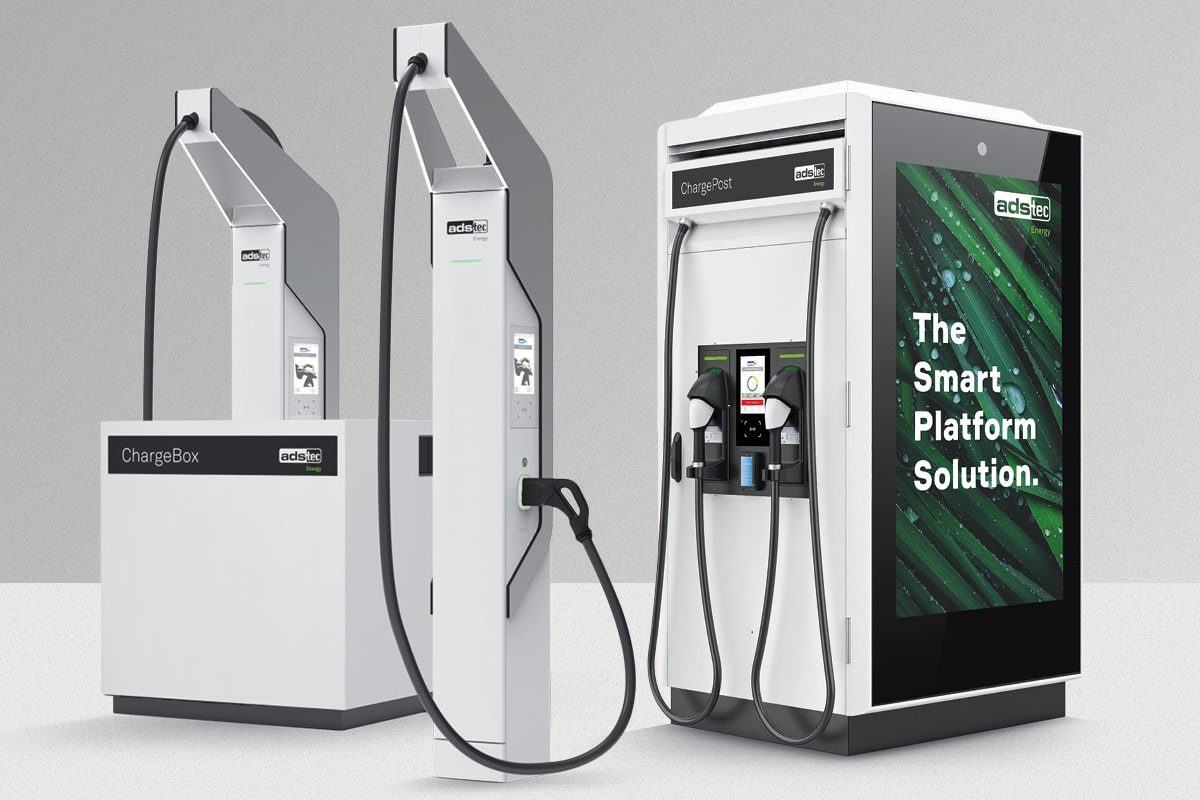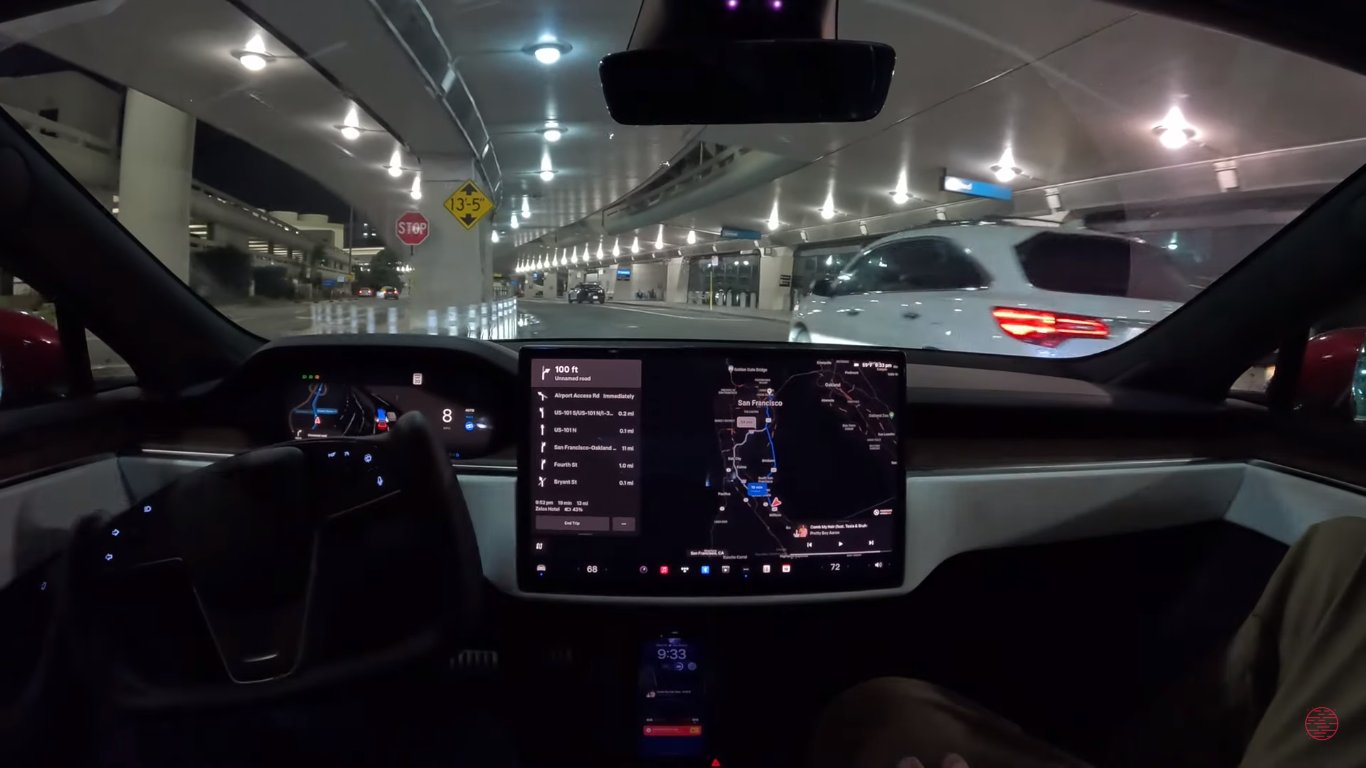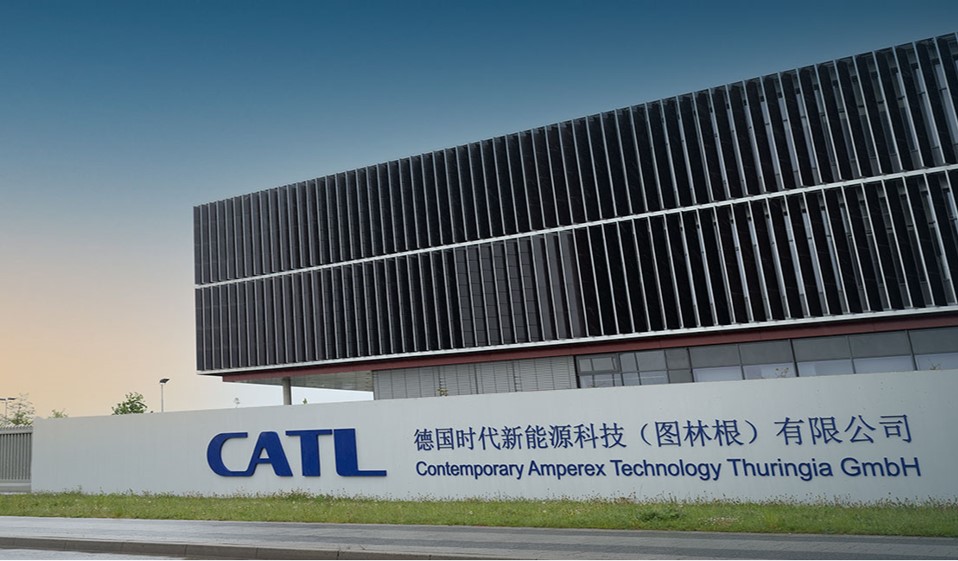First Mode, a retrofitting specialist focusing on decarbonizing mining operations, has inaugurated a new plant in Seattle, Washington State. The 3,700-square-meter factory is geared towards producing hybrid kits that pave the way for fully battery and fuel-cell electric vehicles.
The new facility, located in Seattle’s SoDo district, is among the city’s largest cleantech facilities. With an investment of 22 million dollars, First Mode expects to employ up to 30 staff locally.
First Mode’s emphasis on hybrid drives does not preclude further electrification. The company’s hybrid-electric retrofit kits, with a capacity of 150 units per year, require no changes to infrastructure and maintain the truck’s existing assets.
“What fully differentiates First Mode’s HEV from the rest is its flexible, interoperable design that readies the truck for the final step on its path to zero emissions,” the company stated. “The design ‘feeds forward’ into either First Mode’s full battery or next-generation hydrogen fuel cell electric vehicle drivetrains, both diesel-free.”
The opening of the plant was attended by Washington State officials, highlighting the importance of the facility in advancing clean energy solutions for heavy industry.
First Mode, majority-owned by mining and commodities group Anglo-American, collaborates with ABB and Ballard to supply batteries and fuel cells. The company’s range includes an electric dump truck for mining operations that combines batteries and fuel cells to power heavy-duty vehicles.
“In mining, a typical ultra-class haul truck burns about one million liters of diesel fuel per year, producing around 2,700 tons of carbon dioxide annually,” the company explained. With the throughput of up to 150 HEV units, First Mode estimates the factory could have the equivalent environmental impact of taking 90,000 passenger cars off the road each year.
First Mode CEO Julian Soles expressed pride in the new facility’s role in advancing a cleaner future for heavy industry, stating, “With our factory, the clean energy future for heavy industry begins here in Seattle.” He emphasized, “greener economies require greener minerals, and greener minerals require greener mines.”

